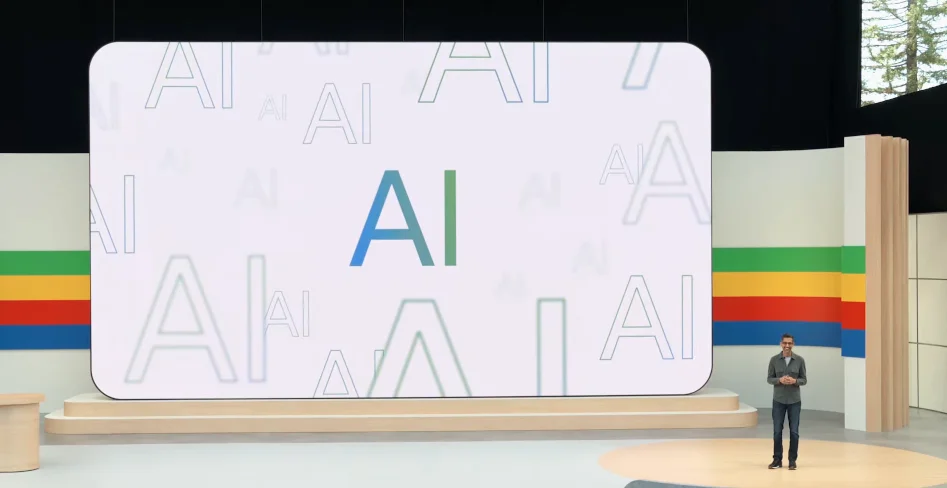
Google’s Jules AI: From Coffee Break to Code Breakthrough – Is This the Future of Programming?
Imagine sipping your morning coffee while an AI coding agent writes a new feature for your software. Sounds like science fiction? Think again. Google’s Jules, the latest AI coding tool, is turning this into reality, blurring the lines between human and machine in software development. But is this the future we've been waiting for, or a descent into coding chaos?
This week has been abuzz with new coding agents like OpenAI Codex and Microsoft's GitHub Copilot, as pointed out in recent articles. But Google's Jules stands out by offering free access, allowing developers to jump right in and experience its capabilities. According to a ZDNET report, Jules can perform coding operations directly on a GitHub repository, which is a significant advantage for software management. However, the free access version has a limit of five requests per day.
David Gewirtz from ZDNET recently put Jules to the test, aiming to add a “hide admin bar” feature to his WordPress security plugin, My Private Site. This seemingly small task usually takes him 2-3 hours, requiring meticulous attention to UI elements, preference saving, and backend logic. He meticulously crafted four paragraphs of instructions for Jules, specifying the location of the new option and ensuring the correct saving and display of user preferences.
The initial attempts were tentative, but the breakthrough came when Gewirtz provided precise instructions, including details within square brackets, directing Jules on placement. When he left out details, Jules made mistakes. The key takeaway is that understanding the underlying code remains crucial. The AI needs guidance, and "vibing code” won't cut it.
Jules then presented a plan of action. "I didn't even get a chance to read through the plan before Jules decided to approve the plan on its own," Gewirtz noted, highlighting the AI's autonomous behavior. This raises concerns about control and the potential for errors, as the speed at which the AI can modify code vastly outweighs the time it takes humans to review changes. 
While still in beta, Jules isn’t without its quirks. Gewirtz experienced hangs, screen update delays, and a mysterious 90-minute “coffee break” for the AI. "It's exhibiting all the sorts of things you'd expect from a newly-released piece of code," he observes.
Another Google AI tool, “Stitch,” is specifically tailored for UI design. Powered by Gemini 2.5 Pro, Stitch transforms text prompts and reference images into functional frontend code and complex UI designs in minutes. According to Google's announcement, it offers developers the ability to generate multiple variants of an interface, which can be added directly into apps, or exported to Figma for design modifications.
The rise of AI coding agents like Jules and Stitch raises profound questions about the future of software development. As one might expect, experienced coders are still needed to review and guide, especially to prevent code bricking. Junior developer roles could be at risk due to the rapid ability of AI to produce code. Will companies prefer these tools over entry-level programmers?
As agentic development transitions from prototype to product, it's essential to remember Jules operates asynchronously, which allows you to focus on other tasks while it works. It also offers audio changelogs of recent commits, turning your project history into a contextual resource you can listen to.
AI-driven coding is redefining software development. Jules may be in beta, but it offers a glimpse into a future where AI-powered tools handle routine tasks, freeing human developers to focus on high-level design and problem-solving. The speed and efficiency gains are undeniable, yet the need for human oversight and the potential for job displacement demand careful consideration.
Have you experimented with AI coding agents like Google's Jules? Share your thoughts and experiences in the comments below. What developer tasks do you believe these tools should and shouldn't handle?